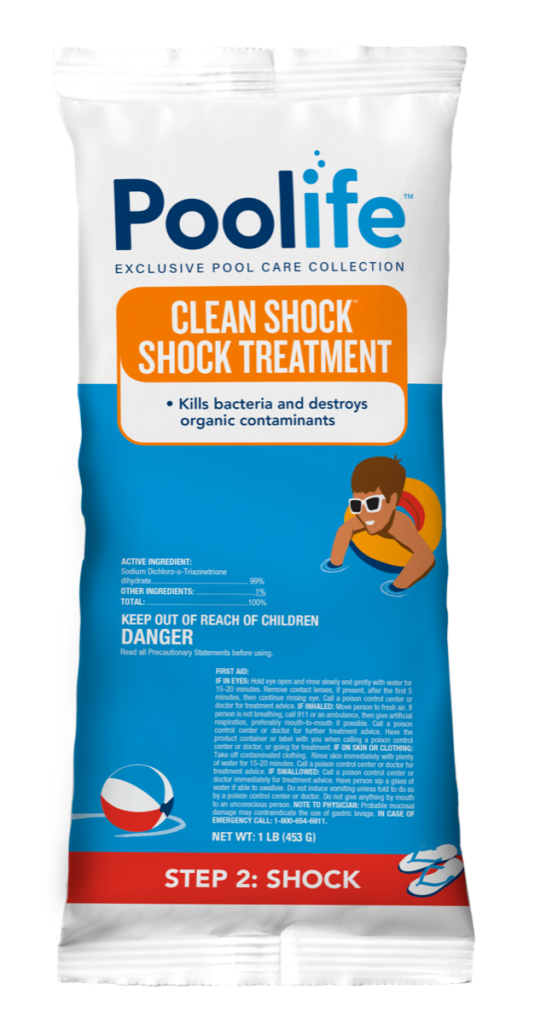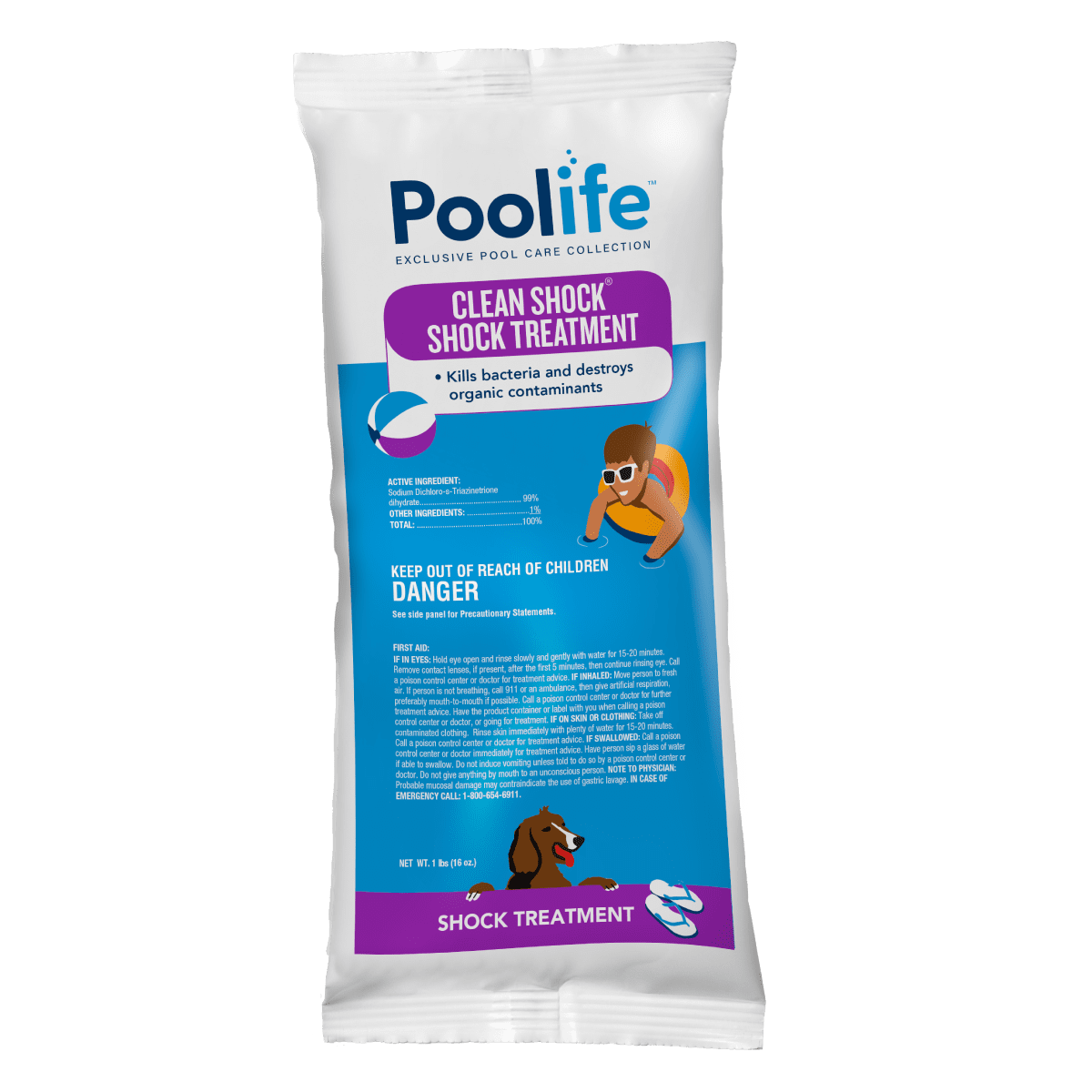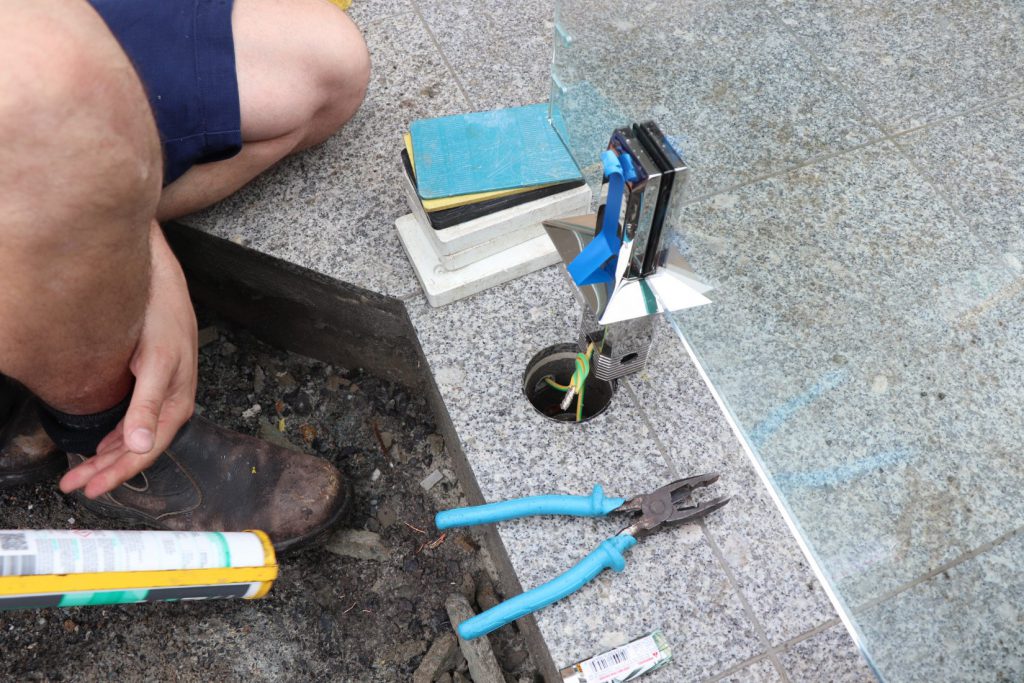Hey there, fellow pool enthusiasts! Are you tired of dealing with algae blooms, cloudy water, and dirty fences around your pool area? If you're nodding your head, then you've come to the right place. Pool shock to clean fence is not just a quick fix; it's a game-changer for anyone looking to keep their pool area sparkling clean. Let's dive right in and explore how you can transform your backyard into a pristine oasis.
Before we get into the nitty-gritty, let's address why this topic is so important. Your pool fence plays a crucial role in maintaining safety and enhancing the aesthetic appeal of your outdoor space. However, over time, it can accumulate grime, mold, and even algae spores from the pool water. That's where pool shock comes into play. It's not just for treating water; it can also work wonders on your fence. Stick around, and we'll show you how!
Now, I know what you're thinking—can pool shock really do all that? The answer is a resounding yes! But first, let's break down the basics so you understand exactly how this process works and why it's essential for maintaining a clean, safe, and inviting pool area. So grab a drink, and let's get started!
Read also:Caitlyn Clark Short Dress A Fashion Phenomenon Thatrsquos Turning Heads
Understanding Pool Shock and Its Role in Fence Cleaning
Alright, let's talk about the star of the show: pool shock. What exactly is it? Pool shock is a powerful chemical treatment designed to eliminate contaminants, algae, and bacteria in your pool water. But here's the kicker—it can also be your secret weapon for cleaning fences. The active ingredients in pool shock, like calcium hypochlorite or sodium dichlor, have powerful oxidizing properties that break down dirt, grime, and organic matter.
How Does Pool Shock Work on Fences?
When applied correctly, pool shock can dissolve algae, mold, and mildew that cling to your fence. Whether it's wooden, vinyl, or metal, these pesky organisms can leave unsightly stains and compromise the structural integrity of your fence over time. Pool shock helps to sanitize and restore the natural appearance of your fence without damaging the material.
But wait, there's more! Pool shock doesn't just clean; it also disinfects. This means you're not only getting rid of surface dirt but also eliminating harmful bacteria and fungi that thrive in damp environments. It's like giving your fence a spa day, but instead of mud masks, it gets a chemical cleanse.
Why Use Pool Shock for Fence Cleaning?
There are plenty of cleaning products out there, so why should you choose pool shock? Here's the deal: pool shock is highly effective, affordable, and readily available. Plus, if you're already using it for your pool, you won't need to buy extra chemicals. It's a win-win situation!
Cost-Effective Solution
Let's face it; cleaning products can add up quickly, especially if you're tackling multiple surfaces. Pool shock is a budget-friendly option that delivers impressive results. You won't need to invest in expensive specialty cleaners or hire professionals to handle the job. With a little elbow grease and some basic tools, you can achieve professional-grade results on your own.
Environmental Benefits
In today's world, sustainability matters. Pool shock is a concentrated chemical, so you only need a small amount to achieve significant results. This means less waste and a smaller environmental footprint compared to using multiple cleaning products. Plus, by keeping your fence clean and well-maintained, you're extending its lifespan, which reduces the need for replacements.
Read also:East Coast Ana Baddies The Ultimate Guide To Their Rise Culture And Influence
Step-by-Step Guide to Using Pool Shock for Fence Cleaning
Now that we've covered the "why," let's dive into the "how." Here's a step-by-step guide to cleaning your fence with pool shock:
Gather Your Supplies
- Pool shock (calcium hypochlorite or sodium dichlor)
- Garden hose with a spray nozzle
- Bucket
- Gloves and safety goggles
- Soft-bristle brush or sponge
- Broom or pressure washer (optional)
Prepare the Solution
Mix the pool shock according to the manufacturer's instructions. Typically, you'll need about 1 cup of shock per gallon of water, but always check the label for specific ratios. Once mixed, stir the solution until the powder is completely dissolved. Safety first, folks—wear gloves and goggles to protect yourself from any splashes.
Pre-Wash the Fence
Before applying the shock solution, give your fence a quick rinse with a garden hose. This helps to remove loose dirt and debris, making the cleaning process more effective. If you're dealing with stubborn stains, you can use a broom or pressure washer to loosen the grime.
Apply the Shock Solution
Using a soft-bristle brush or sponge, apply the shock solution evenly to the fence. Work in small sections to ensure thorough coverage. For taller fences, you can use a spray bottle or garden sprayer to reach higher areas. Let the solution sit for 10-15 minutes to allow it to break down the dirt and algae.
Rinse Thoroughly
After the solution has had time to work its magic, rinse the fence thoroughly with a garden hose. Make sure to remove all traces of the shock to prevent any potential damage to the fence material. If you're using a pressure washer, be careful not to get too close to the surface, as this can cause scratches or damage.
Tips and Tricks for Best Results
Here are a few additional tips to help you get the most out of your pool shock cleaning experience:
Choose the Right Time
It's best to clean your fence on a cool, overcast day. Direct sunlight can cause the shock solution to evaporate too quickly, reducing its effectiveness. Additionally, avoid windy days to prevent the solution from blowing onto nearby plants or surfaces.
Protect Nearby Plants
Pool shock can be harmful to plants, so take precautions to protect them during the cleaning process. Cover nearby vegetation with plastic sheeting or cardboard, and make sure to rinse any overspray off immediately.
Test on a Small Area First
Before applying the shock solution to the entire fence, test it on a small, inconspicuous area to ensure it won't cause discoloration or damage. This is especially important if you're working with painted or stained fences.
Common Mistakes to Avoid
Even with the best intentions, mistakes can happen. Here are a few pitfalls to watch out for:
Overusing Shock
Using too much pool shock can lead to excessive chemical runoff, which can harm the environment and damage your fence. Always follow the recommended mixing ratios and apply the solution sparingly.
Not Rinsing Properly
Leaving residual shock on your fence can cause discoloration or damage over time. Make sure to rinse thoroughly and inspect the surface for any missed spots.
Alternative Uses for Pool Shock
Believe it or not, pool shock has many other uses beyond pool and fence cleaning. Here are a few examples:
Deck and Patio Cleaning
Pool shock can be used to clean wooden decks and concrete patios, removing stains and restoring their natural beauty. Just be sure to follow the same safety precautions and rinse thoroughly afterward.
Gutter Maintenance
Clogged gutters can become breeding grounds for algae and mold. A mixture of pool shock and water can help break down these organic materials, making it easier to clear out your gutters.
Expert Insights and Recommendations
When it comes to maintaining your pool area, expertise matters. According to industry professionals, regular cleaning and maintenance are key to preventing issues like algae growth and fence deterioration. Pool shock is a trusted tool in their arsenal, and for good reason—it gets the job done quickly and effectively.
Trusted Sources
For more information on pool maintenance and fence cleaning, check out these trusted resources:
- EPA Guidelines on Pool Chemicals
- PPG Paints for Fence Maintenance
- North Carolina State University Extension on Lawn Care
Conclusion: Take Action Today!
There you have it, folks! Pool shock to clean fence is not only possible but highly effective. By following the steps outlined in this guide, you can keep your pool area looking its best while saving time and money. Remember to always prioritize safety and environmental responsibility when using chemicals like pool shock.
Now it's your turn! Share your experience in the comments below, and don't forget to bookmark this page for future reference. If you found this article helpful, be sure to check out our other guides on pool maintenance and outdoor living. Until next time, happy cleaning!
Table of Contents
- Understanding Pool Shock and Its Role in Fence Cleaning
- Why Use Pool Shock for Fence Cleaning?
- Step-by-Step Guide to Using Pool Shock for Fence Cleaning
- Tips and Tricks for Best Results
- Common Mistakes to Avoid
- Alternative Uses for Pool Shock
- Expert Insights and Recommendations
- Conclusion: Take Action Today!


